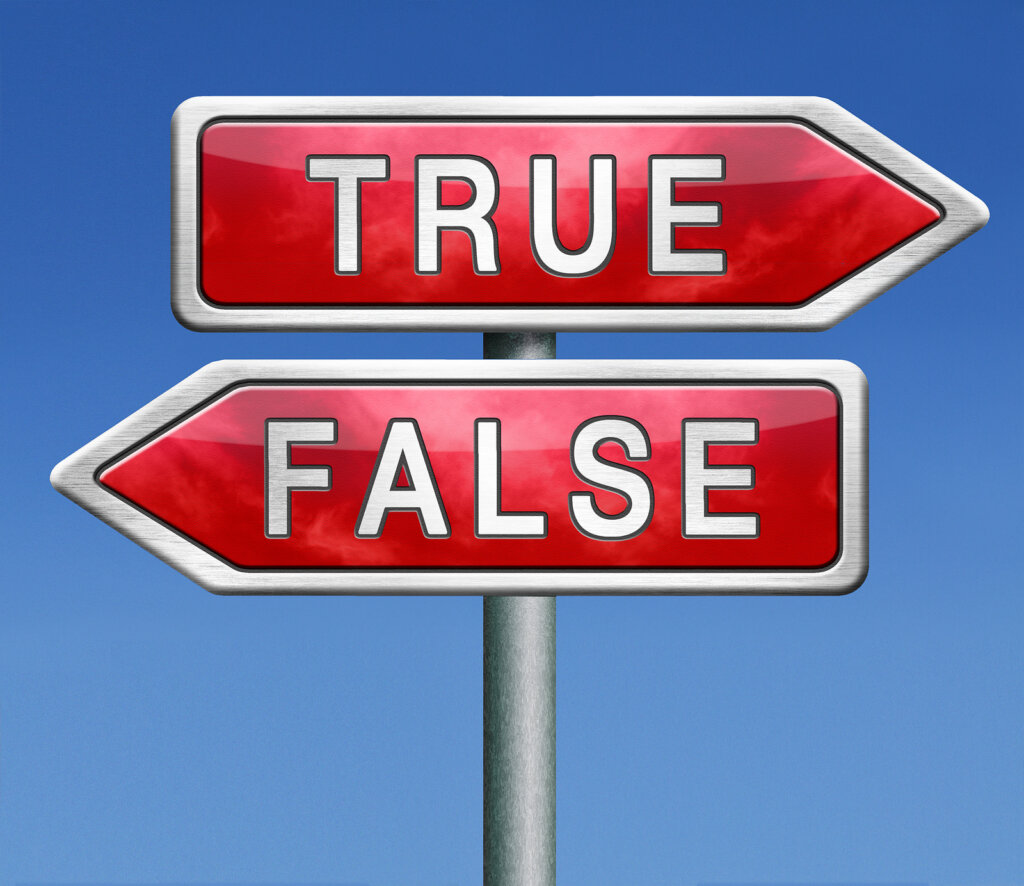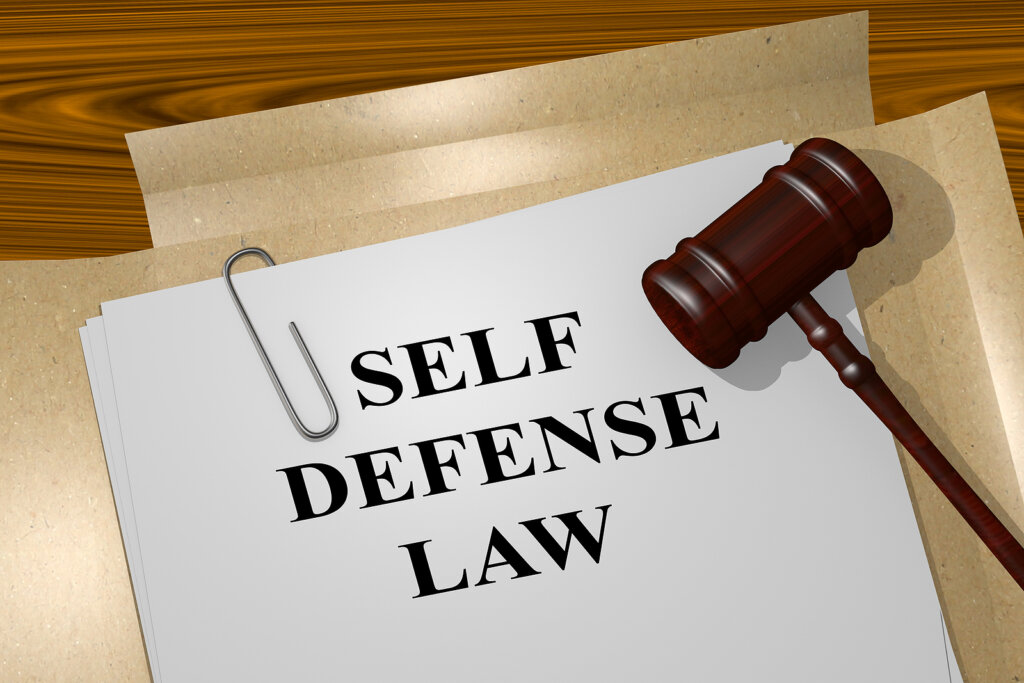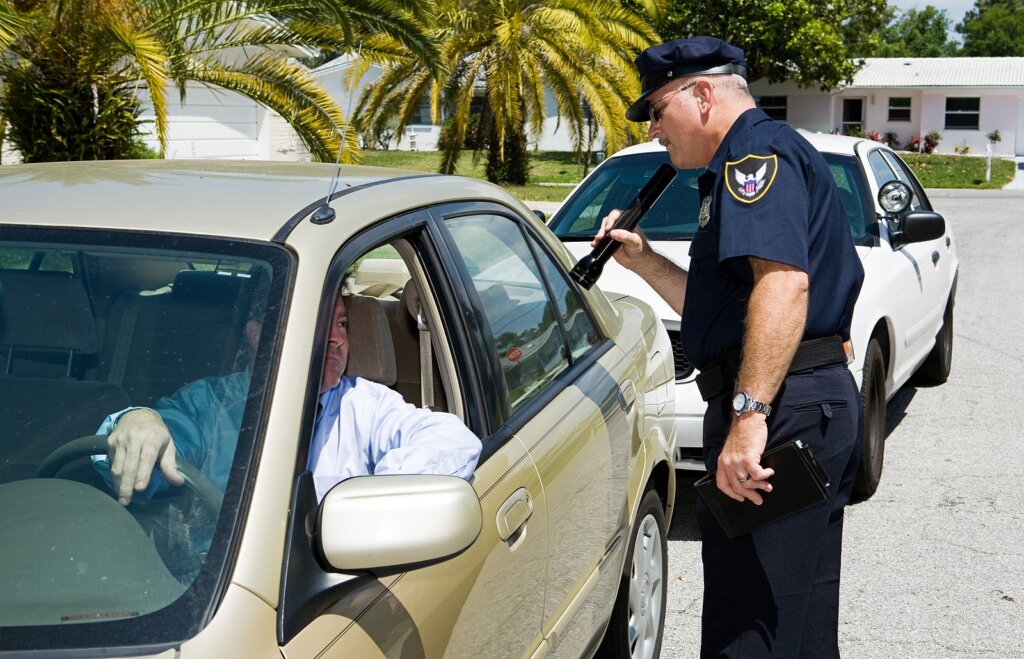Nevada Alcohol Limits Explained: Legal BAC Levels, Penalties, and What to Expect After a DUI
Although people commonly believe that the “legal limit” for driving under the influence (DUI) refers to a bright line that determines guilt or innocence, the reality is considerably more nuanced. As in many states, Nevada law includes impairment from alcohol, prescription medication, recreational drugs, and even certain over-the-counter substances in the state’s DUI law. As such, a clear understanding of BAC standards, testing methods, and potential penalties can help anyone facing DUI charges by making sure that they know what to expect and what steps to take next. If you have specific questions, contact The Vegas Lawyers today by calling (725) 217-4768 to schedule your free consultation.

DUI in Nevada
Governed by NRS 484C.110, driving under the influence in Nevada is defined as operating a motor vehicle on a public roadway while any of the following apply:
- You are under the influence of intoxicating liquor.
- You have a concentration of alcohol of 0.08 or more in your blood or breath.
- You are found by measurement within 2 hours after driving or being in actual physical control of a vehicle to have a concentration of alcohol of 0.08 or more in his or her blood or breath.
- You are under the influence of a controlled substance, chemical, poison or organic solvent.
- You are under the combined influence of intoxicating liquor and a controlled substance.
- You have an unlawful blood level of certain drugs (as defined in the statute).
It is crucial to understand that while operating a motor vehicle with a BAC above 0.08 percent is one route to a DUI conviction, you can also be charged with DUI based on observable impairment, even if the chemical test results show that your BAC level was below the 0.08 percent limit. The statute makes it clear that you can also be prosecuted for driving while under the influence of legally prescribed medication, cannabis, or common medications that impair judgment or coordination. Moreover, certain categories of motorists must adhere to lower thresholds. For example, commercial drivers are subject to a 0.04 percent limit when operating a commercial vehicle and Nevada enforces a strict “zero-tolerance” policy for individuals under the legal drinking age. An underage driver may be arrested with a BAC as low as 0.02 percent.
Understanding BAC Levels
During a traffic stop, if a law enforcement officer has probable cause to believe that a motorist is impaired, the driver is typically arrested and ultimately asked to complete a chemical breath test after arriving at a police station or detention center. The drive blows into a device designed to identify the presence of ethanol in the breath, and the machine calculates a corresponding Beath Alcohol Concentration (BAC) number. A reading of 0.10 percent, for example, indicates one part alcohol for every 1,000 parts blood. The test results can then be used as evidence against the driver in a DUI prosecution.
DUI Penalties in Nevada
If you are charged with DUI in Nevada, the severity of the potential penalties will depend on the circumstances surrounding your arrest and your prior criminal record (or lack thereof). A first or second DUI within a seven-year period is typically charged as a misdemeanor unless aggravating circumstances (such as an accident or a minor in the vehicle) exist. If convicted, you face up to a year in jail along with fines, community service, and a license suspension.
A third DUI within that period becomes a Class B Felony. A DUI is also elevated to a Class B Felony if the driver has a previous felony DUI conviction or causes substantial bodily injury or death while impaired. Nevada law allows prosecutors to charge vehicular homicide as a Class A Felony when a driver with three or more prior DUI convictions causes the death of another person while under the influence. A conviction for DUI as a Class B Felony subjects you to a prison sentence of up to 20 years while the penalties for a Class A felony conviction can include a term of incarceration of 25 years to life in Nevada.
What to Expect After a DUI Arrest in Nevada?
If you are arrested for DUI in Nevada, your first concern will be securing your release from jail. If you are unable to pay the bond amount set in your case, an attorney may be able to get the amount reduced. Your driving privileges will likely be administratively suspended following your DUI arrest, which can be problematic if you need to drive to get to work or school. An attorney may be able to help you obtain a hardship license that will allow you to drive while your case is pending. Having an experienced DUI defense attorney on your side throughout the prosecution of your case is the key to protecting your rights and limiting the negative impact on your life and your future.
What Should I Do If I Was Arrested for DUI in Las Vegas?
If you were arrested and charged with DUI in Las Vegas, consult with a DUI defense attorney at The Vegas Lawyers as soon as possible to discuss your next steps. Call us at 702-707-7000 or contact us online.










